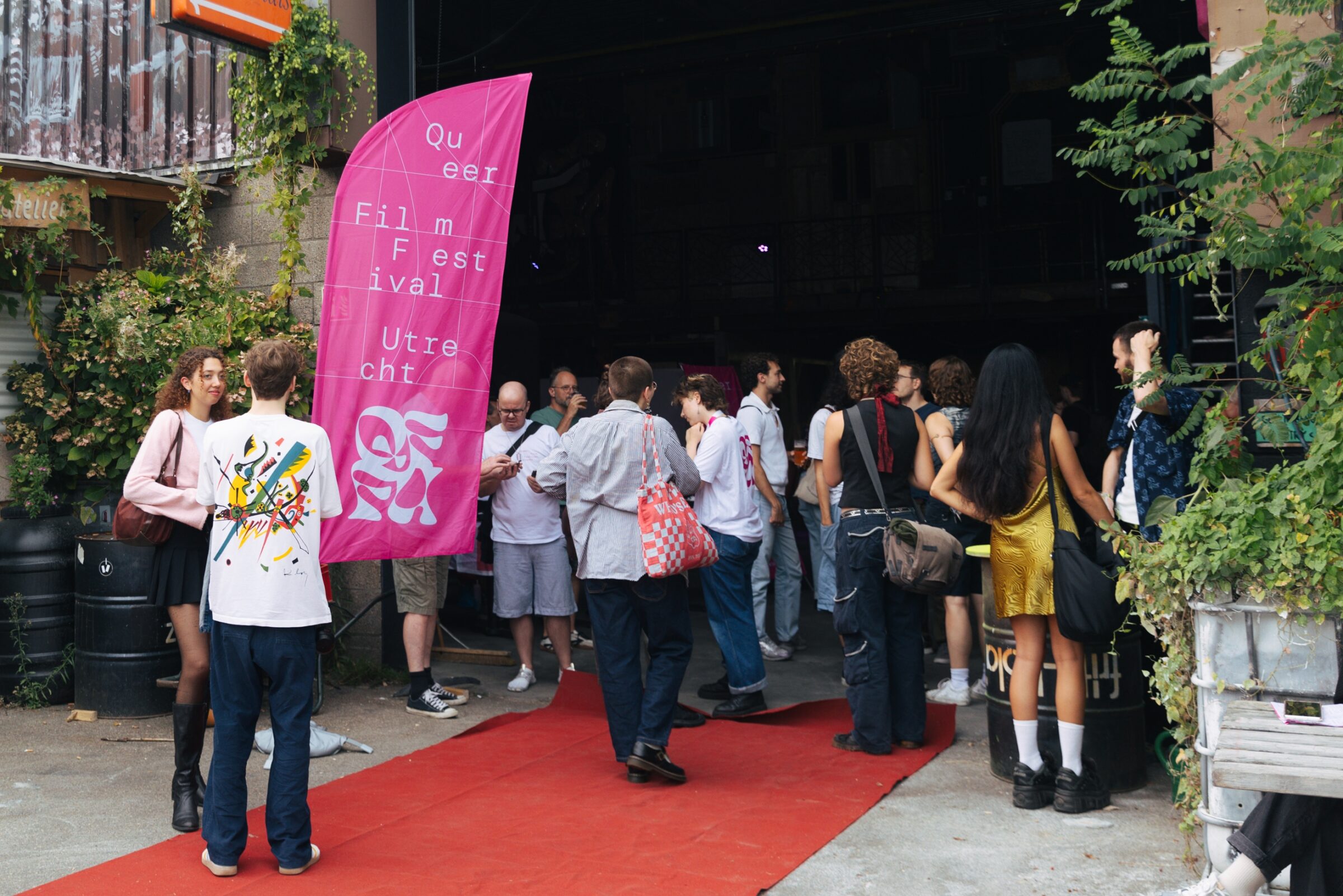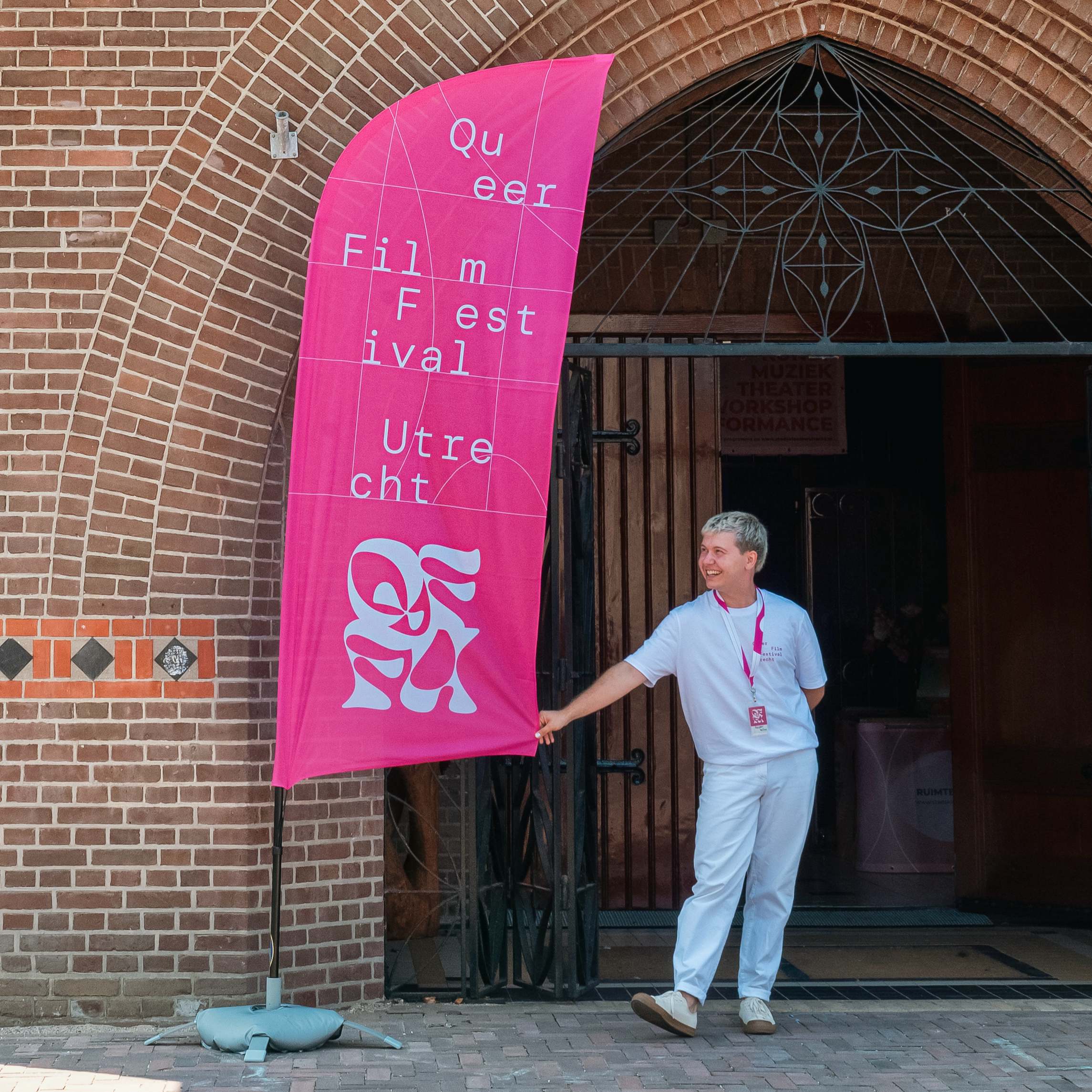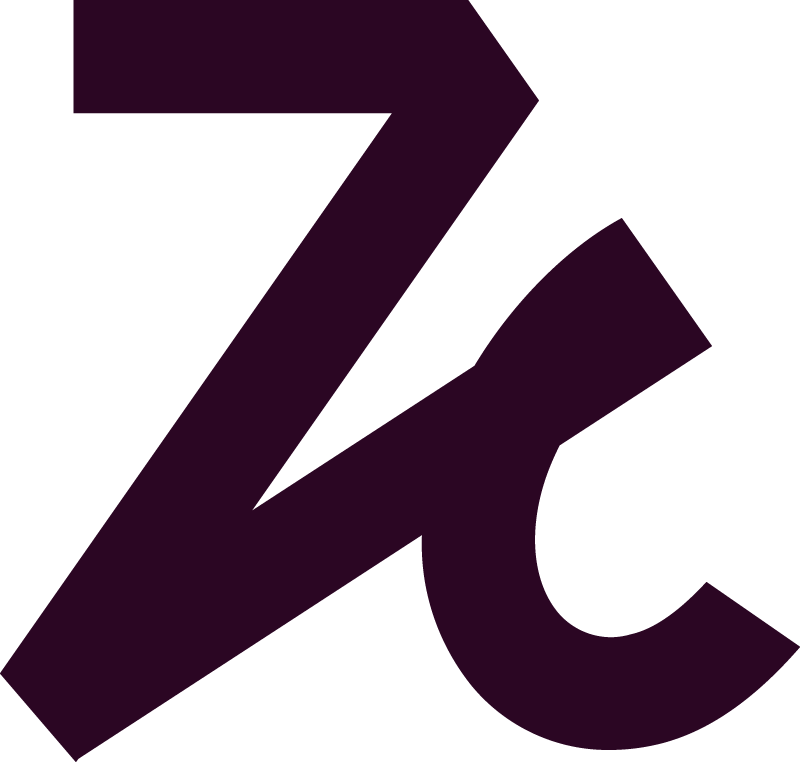Queer stories are told all over the world, but only a handful make it to mainstream cinemas. Queer Film Festival Utrecht responds to this by giving films a platform that might otherwise remain invisible, while also creating a place where the queer community can come together, celebrate, and connect. With a new edition of the festival approaching, we spoke with Max, Head of Program, about why QFFU is more relevant than ever, what makes this edition special, and which highlights you shouldn’t miss.
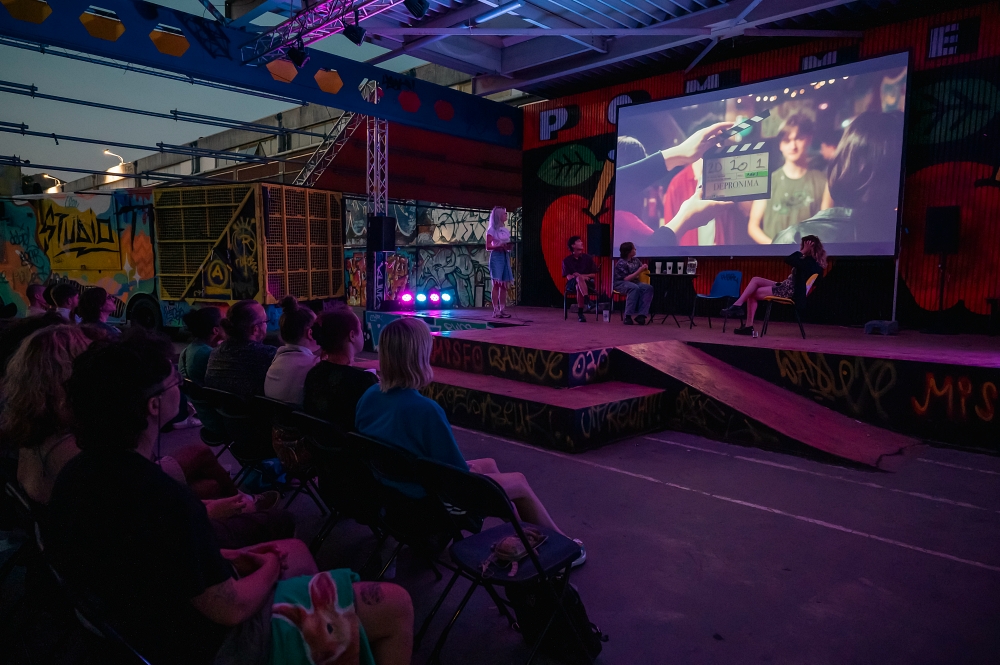
Why is it important that Queer Film Festival Utrecht takes place?
“A lot of queer films are made, but only a very small proportion of them end up in mainstream cinemas. In recent years, there has certainly been an upward trend in the number of queer films that make it to the big screen and are embraced by mainstream audiences, such as Call Me By Your Name and Love, Lies Bleeding, but so many more are made that people often don’t know about. For the makers of those films, it’s important that they have a place where their work can be shown. That helps them to develop their craft and tell their stories the way they want to. In addition to showing the films, we as a film festival also have an important role in creating a place where the community can come together, meet each other, and engage in conversation.”
Do you notice that the importance of the Queer Film Festival changes over time?
“Absolutely. I think that right now, with dangerous, extreme right-wing political voices in the Netherlands and the rest of the world, it is even more important that we are here. We can safely say that queer rights are no longer a given. It is often said that this is an American issue, but it is also the case in the Netherlands. As long as queer people cannot walk safely on the streets, are still spat on, beaten up, and have to be extra alert when walking hand in hand with their partner, there is still plenty of reason to organize a festival that focuses on this community. It should be clear that queer emancipation and acceptance are not a given, nor is an upward trend in this regard. There are ups and downs, and we are clearly in a down period right now. We must remain alert and work together, including people who do not belong to the queer community.”
How will this edition differ from previous ones?
“We will be at several new locations, such as Moira and the Krachtstation in Kanaleneiland. We also wanted to reach people outside the city center. This year, the NAR will be the venue for our closing party, which promises to be a lot of fun. And of course, there will be lots of new films again this year. Most of them will not be released in Dutch cinemas and film houses, so this is your chance to see some really cool films on the big screen!”
What do you enjoy most about preparing the program?
“Many festivals make their film selection based on what is submitted. We curate our own program, which means that our team searches for films ourselves. Scouting for films and coming up with short film programs based on a theme is the most fun part. We create much of our programming together with other partners, and we then search for suitable film titles with the relevant organization. That’s always a fun process.”
Are there any things you are particularly looking forward to?
“Personally, I am really looking forward to the Queer Horror Shorts. It is a very popular program. Watching horror films in a large cinema with a queer audience guarantees a great evening. I am also really looking forward to our sports program. We will be screening a documentary and then talking to three people about queer emancipation in the world of sports. The guests will be trying to bring about change in their own way. Last year, we also introduced the program Queering The Archives, a short film program that returns every year. Many filmmakers dive into the archives to tell a story. This program shows what gems of films can come out of that.”
This interview is a collaboration between Expreszo and Queer Film Festival Utrecht. The article can also be read on Expreszo.nl and DUIC.
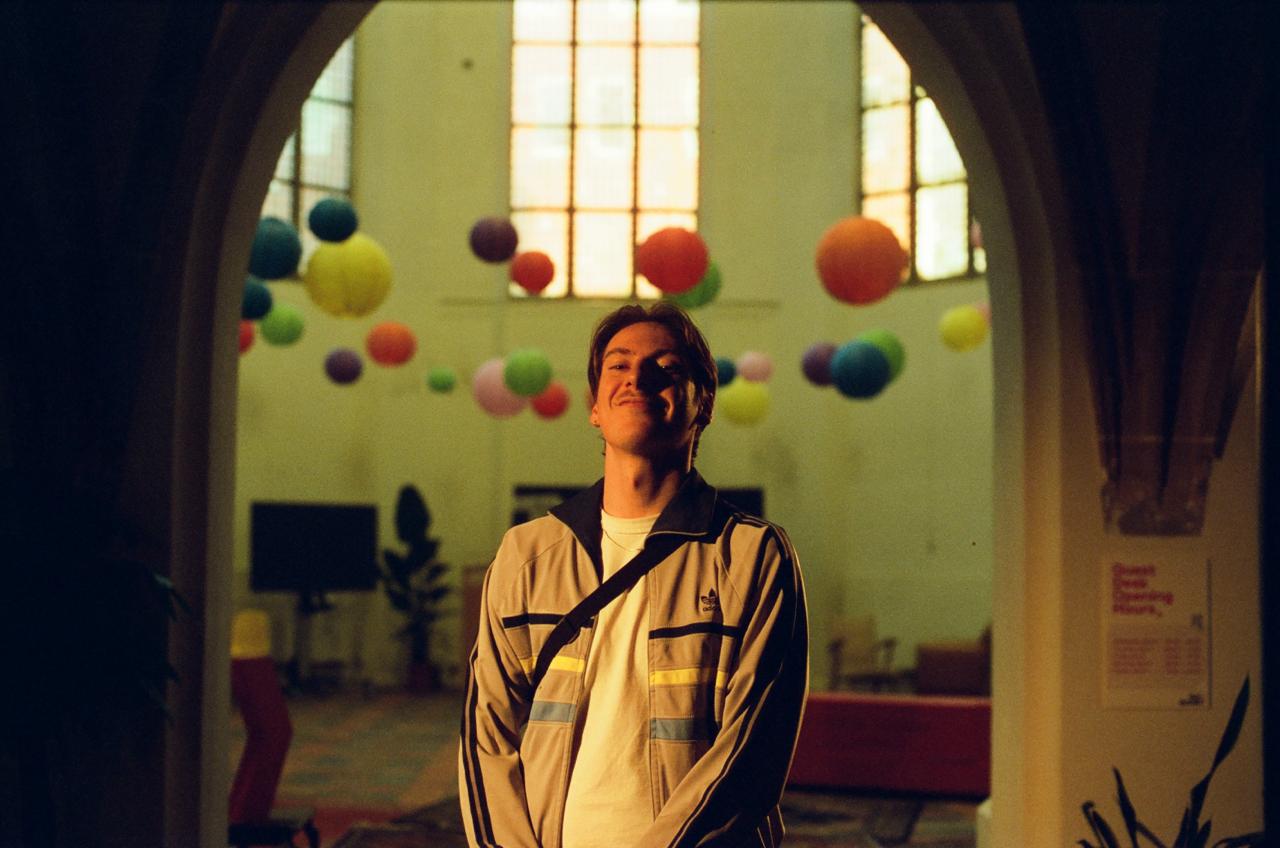
Max de Valck (1997, he/him) works as a film curator, programmer, and project coordinator in the Dutch film industry. As a freelancer, he is affiliated with Queer Film Festival Utrecht, Cinekid, Nederlands Film Festival, Go Short, and Studio Camera. In his work, he prefers to highlight new creators and young talent with an authentic creative approach. He shines a spotlight on those who dare to push boundaries, surprise their audience, and take them to undiscovered worlds—both in form and style as well as narrative and theme. Max does not shy away from a healthy dose of cult and absurdity and prefers to champion the underdogs: genres that are not understood, films that never make it into regular cinema programming, and communities that you hardly ever hear or see. If he has been able to present the audience with something they have never seen on the silver screen before, he has accomplished his mission.

